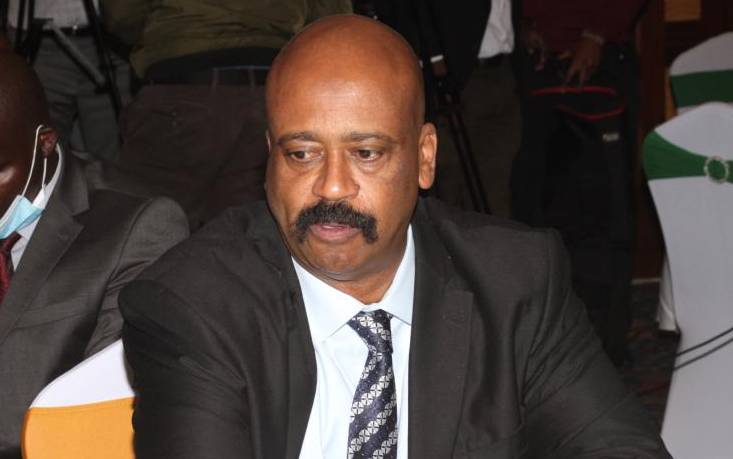×
The Standard e-Paper
Fearless, Trusted News

Lately, the military has come into sharp focus as it takes more civilian responsibilities. The Kenya Defence Forces (KDF) has taken over certain public entities such as the Uhuru Gardens Monument compound, the Kenya Meat Commission and one of their own is in charge of the lucrative Nairobi County.
It seems President Uhuru Kenyatta has more faith in KDF. Recently, the president lauded the military for rehabilitating the Nanyuki railway at a minimal cost.